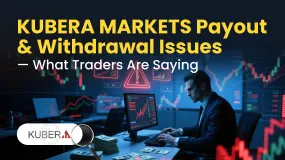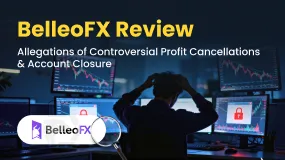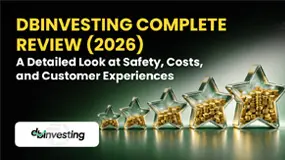Abstract:Proprietary (prop) trading firms have become increasingly popular. They give traders the chance to trade with larger amounts of money without risking their own savings. For many, this sounds like the perfect opportunity to grow faster and earn more. But while the benefits are appealing, there are also risks and hidden rules that traders must understand before joining a prop firm.

Proprietary (prop) trading firms have become increasingly popular. They give traders the chance to trade with larger amounts of money without risking their own savings. For many, this sounds like the perfect opportunity to grow faster and earn more. But while the benefits are appealing, there are also risks and hidden rules that traders must understand before joining a prop firm.
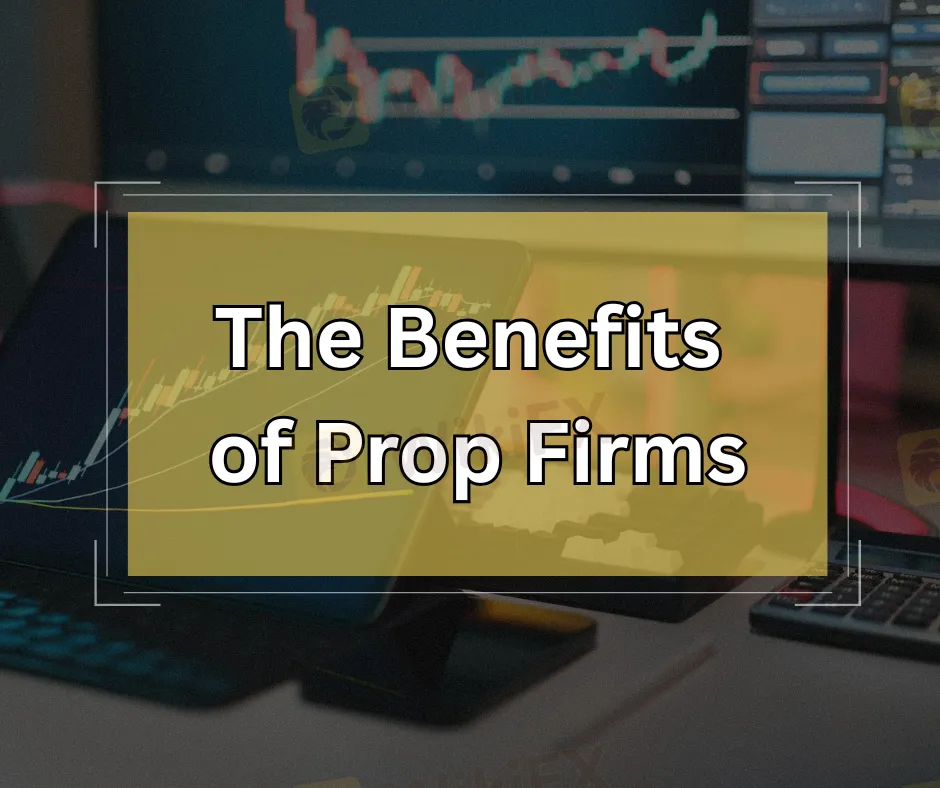
The biggest advantage of a prop firm is access to more trading capital. Instead of starting small, traders can manage bigger accounts and aim for higher profits. Many firms also have strict risk management rules, which can help traders stay disciplined and avoid large losses.
Some prop firms offer extra tools, training, and a community of traders, which can be very useful for those still learning or wanting to improve their strategy. For skilled but underfunded traders, prop firms can be a way to grow their careers faster.
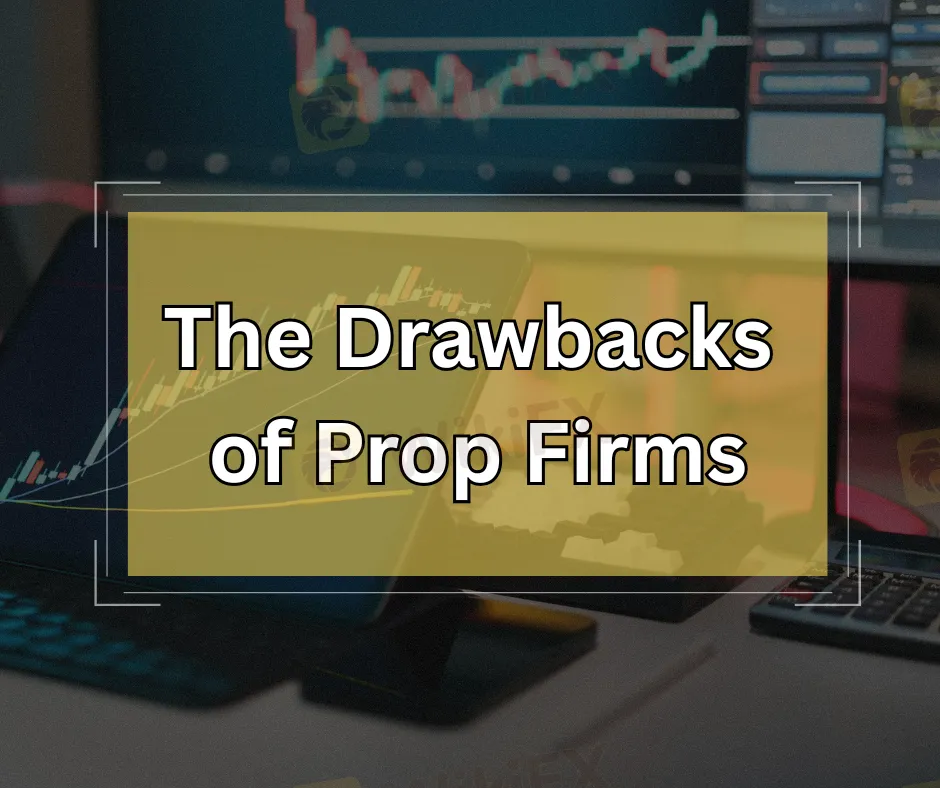
Not all prop firms are the same, and not all are trustworthy. Many firms make more money from selling evaluation challenges or reset fees than from traders actual profits. Some have complex rules that make it difficult to reach payout targets, while others delay or even deny withdrawals.
Another issue is regulation. Most prop firms are not regulated like normal brokers, which means you have fewer protections if something goes wrong. Some firms even use simulated accounts instead of real trading, which can make your trading results less realistic.
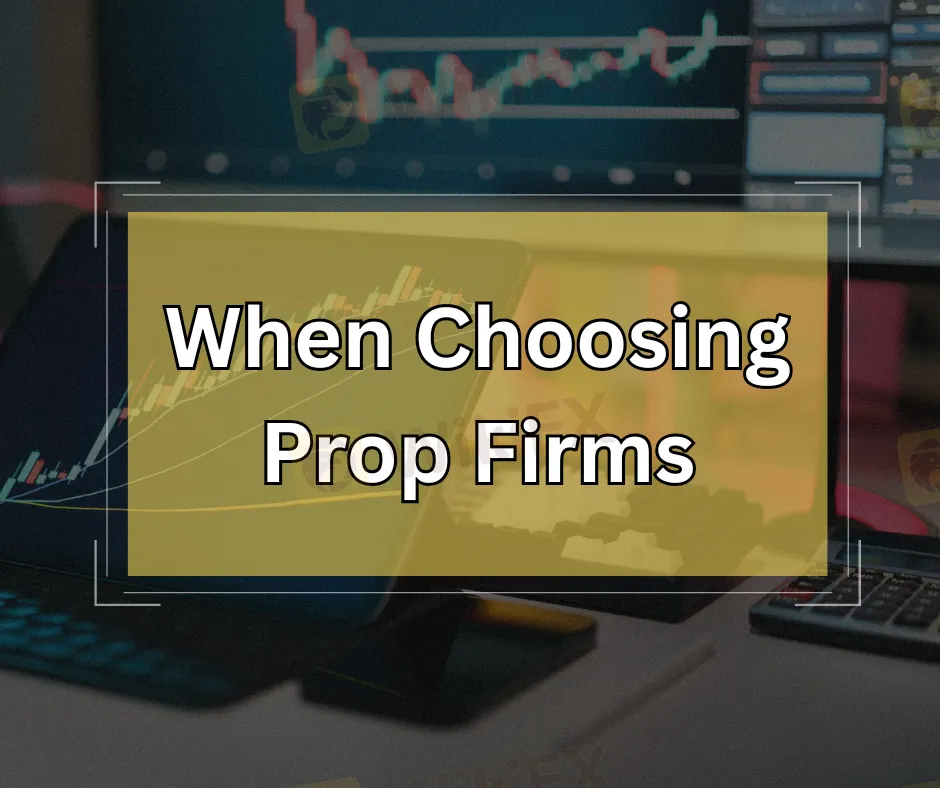
Traders often spend time researching brokers but forget to do the same with prop firms. This is a big mistake, as your payouts and trading success depend on the firms reliability. Here are a few things to check:
- Reputation and track record: How long has the firm been in business? Are there complaints about unpaid payouts?
- Rules and restrictions: Check profit targets, withdrawal times, and trading limits.
- Fees: Understand all costs, including evaluation fees, platform charges, and any other hidden costs.
- Regulation: Is the firm under any form of legal or financial oversight? If not, what happens if there is a dispute?
- Account type: Are you trading on a real account or a simulation?
In summary, prop firms can offer great opportunities, but they are not risk-free. Many traders get caught up in the promise of large payouts and forget to ask important questions about how the firm operates. A bad prop firm can be just as damaging as a bad broker.
Before joining one, take the time to research, read reviews, and understand every rule. If you cannot clearly explain how payouts work and what could cause you to lose your account, you may not be ready to trade with them.








